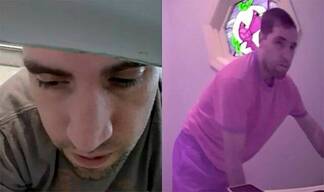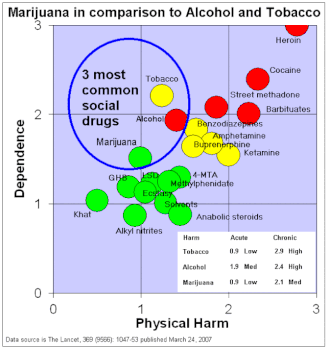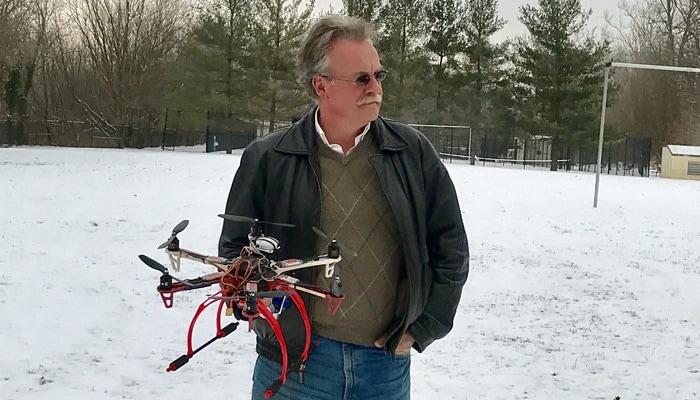A lottery win, especially a big one, can be a blessing - or a curse - and the days after a big win are the most critical in determining how your life will be. Because sudden, massive wealth comes with huge responsibility, and sudden wealth syndrome is real. Lottery jackpot winners are more likely to blow through all of their money and declare bankruptcy, get divorced, and... worse.
Remember that you are now in a battle for self-control and planning. If you manage to get everything in order, then you will usher you and your family into hakuna matata land. If you mess up, then you risk seeingyour family members die early, your life filled with divorce, lawsuits and thefts, and getting called stingy, a miser, and being hated because you are not giving your money away as fast as others want you to. So what's a lottery jackpot winner to do? Here are my top 7 tips for lottery jackpot winners:







 RSS Feed
RSS Feed
